I'm writing a program that has to find the smallest number through the tournament bracket. For example there is an array
int[] a = new int[4] {4, 2, 1, 3}
and by comparing numbers standing next to each other I've to choose the smallest one. (min(4, 2) -> 2, min(1, 3) -> 1, and then I'm comparing 1 and 2, 1 is the smallest so it's the winner, but it's not possible to compare 2 and 1. Just a[0] with a1, a[2] with a[3] and so. In general a[2*i] with a[(2*i)+1] for(int i=0; i<a.Length/2; i++) <- something like this
First question: If there are n numbers, the whole tree consists of 2n-1 brackets. Am I supposed to create an array of 4 or 7 elements? 4 seems like a better option.
Second question: if I'm comparing 4 and 2, and 2 is smaller should I make a[0] = 2, and then while comparing 1 and 3 a1 = 1? Finally comparing a[0] with a1 and putting the smallest number to a[0]? Temporary int might be needed.
Last question: what do you propose to do it in the simplest way? I could hardly find any info about this algorithm. I hope you will direct my mind into working algorithm.
Not much, but I'm posting my code:
int[] a = new int[4] { 4, 2, 1, 3 };
int tmp = 0;
for (int i = 0; i < (a.Length)/2; i++)
{
if (a[tmp] > a[tmp + 1])
{
a[i] = a[i + 1];
}
else if(a[tmp] < a[tmp +1])
{
a[i] = a[i + 1];
}
tmp = tmp + 2;
}
Can you point what I'm doing ok, and what should be improved?
